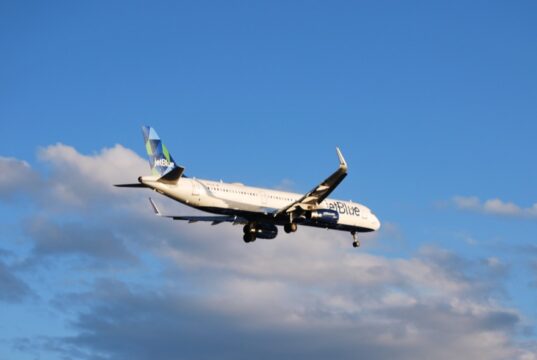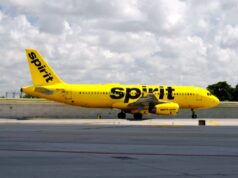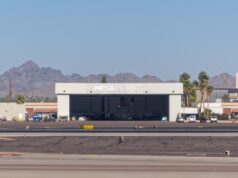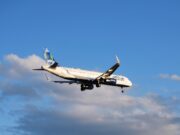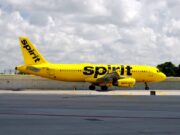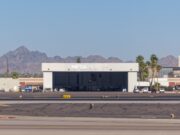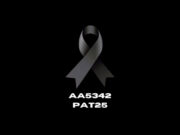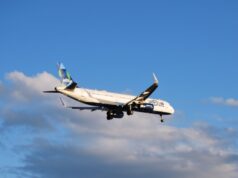
Today, the Air Line Pilots Association, Int’l (ALPA)—the world’s largest nongovernmental air safety organization—submitted a letter to the Department of Transportation (DOT) once again strongly objecting to an application by SkyWest to roll back the clock and skirt the aviation safety rules that have led to a 99.8 percent reduction in airline passenger fatalities in the United States.
“The clock should not be turned back on our country’s effort to achieve one level of safety across commercial air transportation,” wrote ALPA president Capt. Jason Ambrosi. “Our union fully supports measures to ensure our nation’s rural and small communities have safe and reliable air transportation service. However, ALPA will not abide any effort by SkyWest or any other airline to degrade the safety of flight for travelers and shippers in this country or compromise our industry’s remarkable but unfinished work to achieve one level of safety throughout the U.S. air transportation system.”
SkyWest is applying to substitute their Essential Air Service (EAS) flying—operated at the highest level of safety—with a new alter-ego “charter” subsidiary operating essentially a scheduled operation, but at a lesser level of safety. The airline seeks to shift its flying under Part 121’s safety regulations to its own surrogate that will operate the same aircraft but under public charter rules and Part 135’s safety regulations, with fewer seats and less experienced and qualified first officers.
“Secretary Buttigieg has repeatedly promised that the first officer qualifications will not be weakened under this administration’s watch. But the SkyWest proposal will do just that by gutting the rule under which regional pilots—already among the most junior, least-experienced commercial aviators—gain entry to the national airline system,” Ambrosi added. “The Department should reject the invitation to weaken regional airline safety. It should not permit the reservation of the highest level of safety for only richer markets where profits are prevalent, while deeming sufficient a lesser safety standard for rural America.”
The first officer qualification law and resulting regulations were passed by Congress in the Airline Safety and FAA Extension Act of 2010 after four high-profile fatal airline accidents occurred over a six-year period, including Continental Flight 3407. Among numerous significant aviation safety improvements included in the bill was strengthening pilot-training qualification and experience requirements to include, for example, specific training for stall recognition and recovery and flight in adverse weather conditions. These strengthened pilot-certification requirements have made U.S. skies the safest in the world and have helped keep America flying. The bill has been essential for creating a single level of safety across passenger air service, and the greatest safety beneficiaries are communities that are serviced by regional airlines, like SkyWest, who typically hire the most junior pilots, but must now use the enhanced experience rules of the 2010 bill.
“ALPA would urge the DOT to undertake systemic reform to meet the air-service needs of small and rural communities,” Ambrosi added. “Our union stands ready to work with you and all aviation stakeholders to ensure all Americans—including those living or doing business in small and rural communities—can count on safe, reliable air service.”
ALPA has long supported robust EAS funding to provide critical air service to small and rural communities, service that is made safe through the pilot training and experience requirements of the Airline Safety and FAA Extension Act of 2010. Adhering to these lifesaving regulations is a requirement for airlines, but with this application, SkyWest is attempting to receive EAS funding without meeting safety standards. In addition to denying SkyWest’s application, ALPA also respectfully asks that DOT:
- Propose an increase to EAS funding and EAS reforms to ensure adequate service for all eligible communities.
- Support the elimination of the “public charter loophole” that allows airlines to create two standards of safety for U.S. airline passengers by operating scheduled flights under FAR Part 135 that should be operated under FAR Part 121.
- Work with Congress and aviation stakeholders to consider an increase to the EAS subsidy cap, enable airlines to adjust EAS payments when appropriate, and modify airlines’ frequency requirements.































































